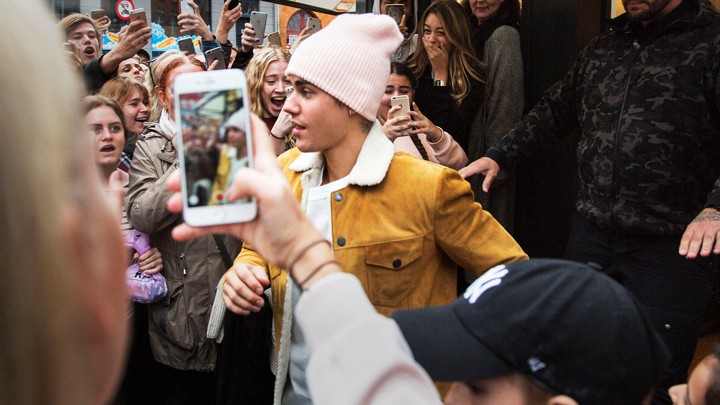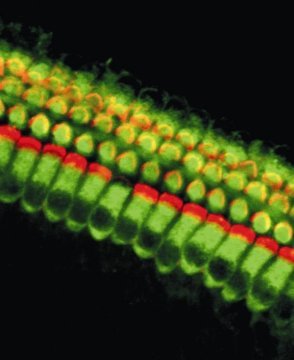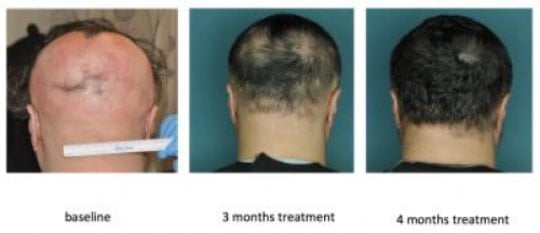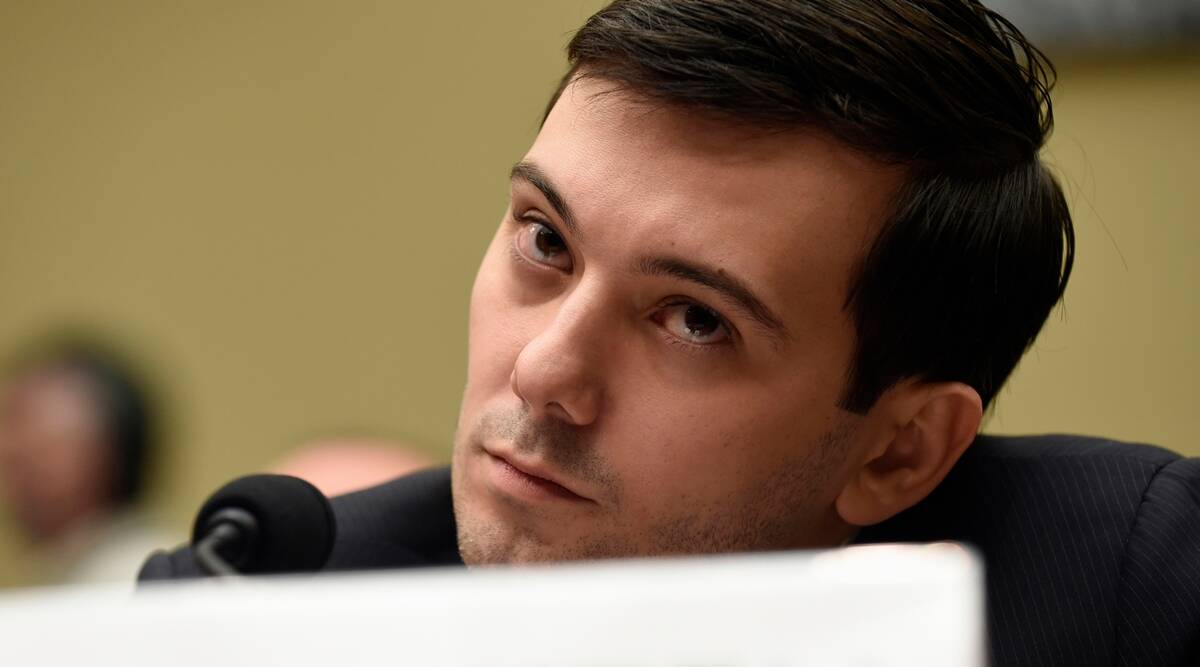
The 25-year-old singer’s recent Instagram note captures someone caught between strange circumstances and crushingly ordinary ones. It begins with him describing a mind-set of near-suicidal hopelessness: “It’s hard to get out of bed in the morning with the right attitude when … it feels like there’s trouble after trouble after trouble … Sometimes it can even get to the point where you don’t even want to live anymore.” He talks about the difficulty of being a young star, and of being a teenager at all: “There is an insane pressure and responsibility put on a child who’s brain, emotions, frontal lobes (decision making) aren’t developed yet.” It reveals this: “I started doing pretty heavy drugs at 19 and abused all of my relationships.” It says he’s recovered thanks to “extraordinary people,” his marriage, and God.
Discovered at age 13 on YouTube, Bieber is known both for his music and for his scandals of varying seriousness: peeing into a restaurant’s mop bucket, writing silly, insensitive things in the Anne Frank House guestbook, allegedly driving recklessly and/or drunk. One of his arrests led to a toxicology exam that found marijuana and Xanax in his system. In February’s Vogue he said that he’d once been dependent on Xanax, but that he’s been off it since 2014. This new post refers to “pretty heavy drugs” that he’s quit, a vague description that’s generated a lot of publicity. But really his Instagram caption is notable for other reasons.
In drawing on the history of difficult child stardom, Bieber points at the ways such stardom has changed. Young celebrities have struggled with substance abuse and mental health in the public spotlight for as long as Hollywood has existed, yet the internet has shifted how those sagas are received by audiences and managed by the stars. The rites of the child star’s career always have a certain inevitability to them: There’s the exciting prodigy phase, the Grown and Sexy transition, and so on. There’s also the expectation that fame will batter the star, with his or her scrubbed-clean image at some point cracking spectacularly.
More and more, though, the messiness of growing up in the spotlight has been alchemized into part of the official celebrity narrative: something to be acknowledged and worked through in public rather than hidden and denied until the tell-all book years later. Facing PTSD, a high-profile breakup, and the death of an ex, Ariana Grande hit the recording studio and emerged with a dark and defiant album. Demi Lovato, caught in a years-long cycle of drug addiction and recovery, has released not only inspirational documentaries about rehab, but also one eerily timely single about relapse. Next week, a slate of musicians including young voices like Shawn Mendes and Fifth Harmony’s Lauren Jauregui will be featured in a radio documentary about mental health—one of many recent pop products addressing the matter.
Bieber’s note emphasizes two seemingly contradictory notions: that his struggles have been extraordinary, and that they’ve been relatable. He talks about transforming from an anonymous 13-year-old into someone praised worldwide, and then into someone despised worldwide—all of which makes for a particularly extreme version of the child-star narrative that most people already understand as perilous. Yet his note is also peppered with direct appeals to the reader: “I can fully sympathize with you,” “things all of us have to go through,” “I don’t know about you but humility comes with age.” Even the note’s glitchy spelling and grammar builds on the let’s-just-level disclaimer he put on a message earlier this year about taking a break from music: “Grammar and punctuation will be terrible pretend it’s a text where u just don’t care.”
Bieber is a performer, and his overtures to his audience are canny performance—but they’re also more than that. His note shows him drawing on a variety of sources to shore up the sensation that’s often essential for recovery from inner strife: the idea that you’re not alone. The opening passage, about living in a cycle of hopelessness, comes off as a recitation of lessons learned in therapy. There are references to dopamine and brain lobes, grounding his emotional issues in biology. The portion about the perils of child stardom makes a connection between his individual life and a larger social history and cultural context. The part at the end praises religion and community, which can be two of the greatest bulwarks against isolation and despair. Throughout, there is that ever-present “you,” the reader.
After he posted this note, Bieber uploaded a more standard sort of Instagram picture from a pop star: an image of him hanging out in swaggy, on-brand clothes. He’s still a celebrity; he’s still a merchant of individualism. The kids who grew up worshipping him, though, didn’t do so only because he was extraordinarily himself—they did so also because they saw themselves in him. They, like Bieber, had to figure out, in real time, how to grow up on social media. They’ve faced historically high rates of depression, anxiety, suicide, and other mental-health issues. The old celebrity-magazine bromide said, “Stars: They’re Just Like Us.” Now, in an odd way, it appears Bieber himself is taking some comfort from that idea, and trying to pass that comfort on.
[“source=theatlantic”]



















